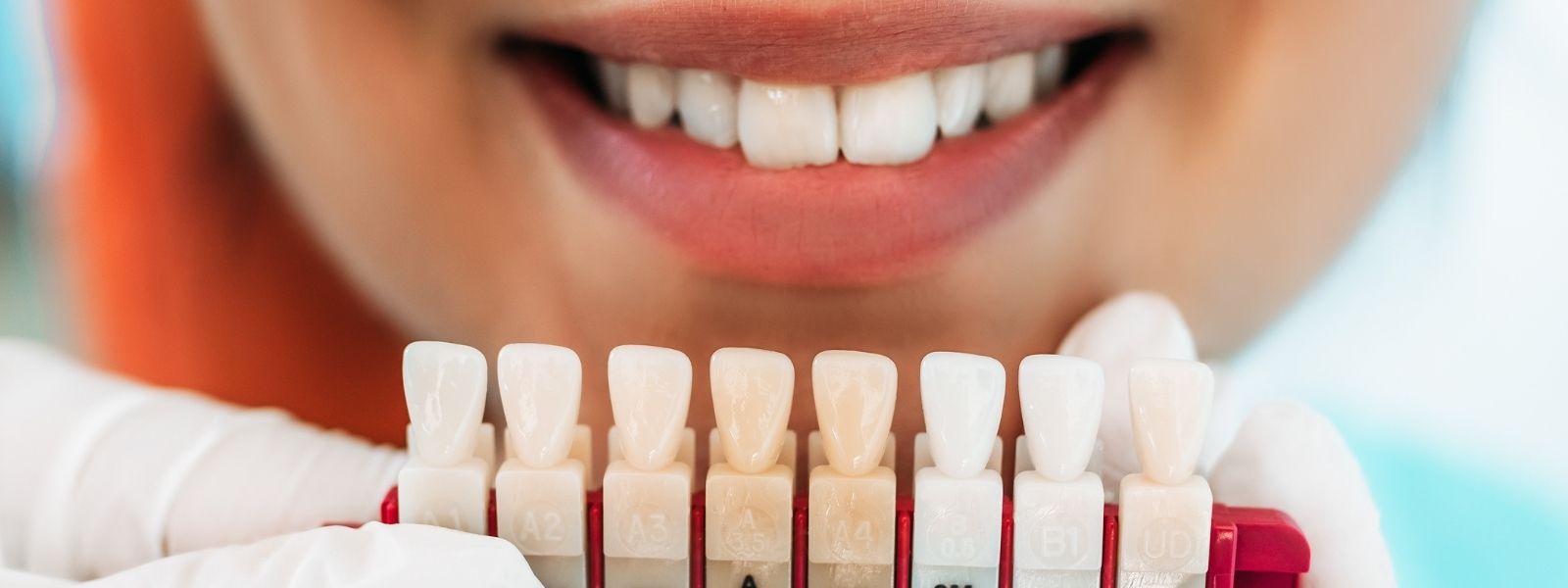Dental Veneers in Wilmington, NC
Dreaming of a new and improved smile? With veneers, you can make that dream a reality! A type of cosmetic dentistry, veneers are used to cover up severe discoloration, close small gaps, fix chips, and correct uneven teeth. Essentially, we can use veneers to give you the smile makeover you’ve always wanted.
At Gregory B. Garrett, DDS, we strive to make getting dental veneers as affordable as possible with our various financial options, including a 15% discount as part of our in-house membership plan. If you’re interested in veneers, contact our dentist’s office in Wilmington today to set up a consultation.
What are veneers made of?
Dental veneers are made from either porcelain or resin composite materials. While each type has its slight differences, the important thing to note is that both are strong and durable. Additionally, porcelain and composite veneers are also both designed to match the color of natural teeth. We’re happy to discuss the various differences between porcelain veneers and resin composite veneers with you further in a consultation.

How long do veneers take?
After you’ve already had your initial consultation about the procedure, getting veneers generally takes two appointments that are about one to three weeks apart. During the first visit, we prepare your teeth for the veneers, take the necessary impressions to create your custom veneers, and then place your temporary veneers. During the second visit, we remove the temporary veneers, place your permanent veneers, and then do a final fit check.


What is the aftercare involved with veneers?
The best way to enjoy your veneers for as long as possible is to make sure you follow the right aftercare steps. The good news is that that doesn’t require much more work than what you normally do to take care of your teeth. You should brush and floss regularly, use mouthwash, and keep up with your routine visits to the dentist.



